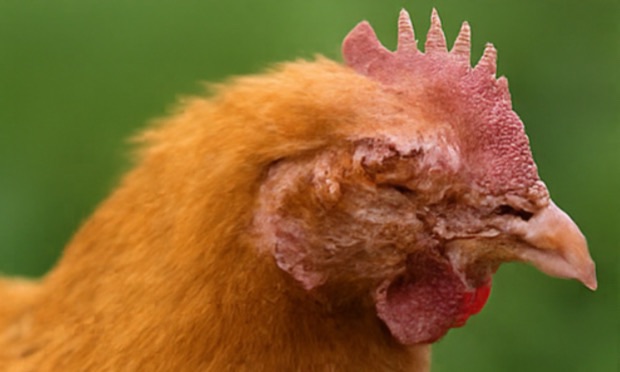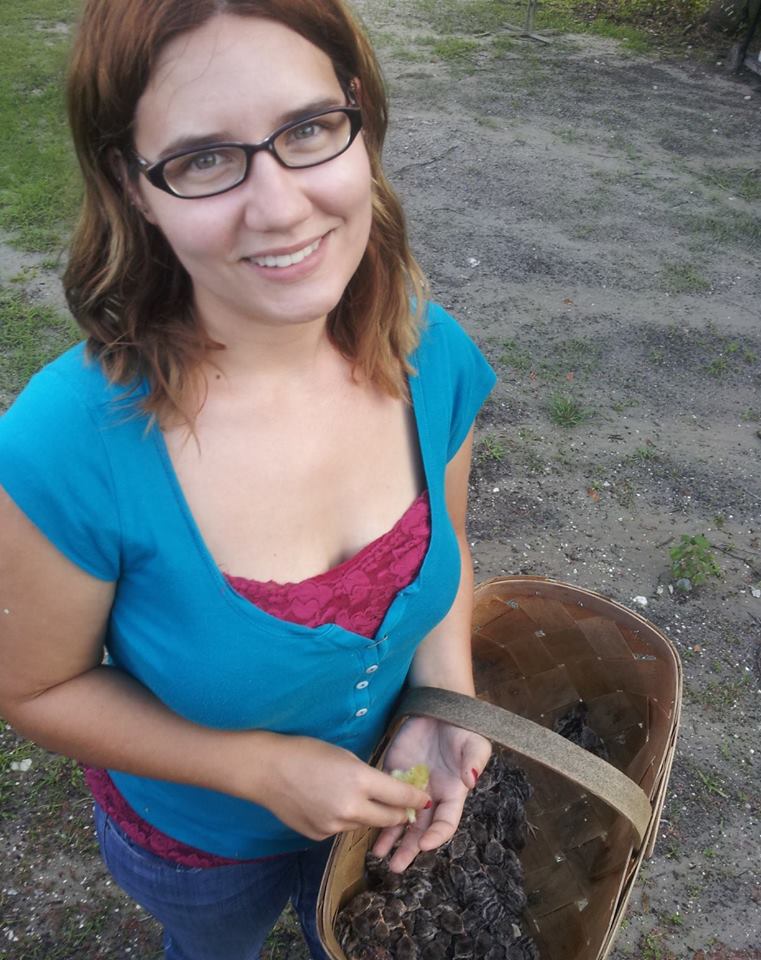Preordering animals for your farm, homestead, or hobby can be an exciting venture. However, it’s essential to protect yourself from scammers who prey on the enthusiasm and trust of buyers. Unfortunately, not all breeders operate with honesty and integrity, so it’s vital to know how to differentiate between scammers and reputable breeders. Here’s how to identify the red flags and ensure you’re working with someone you can trust.
1. Check for Transparency
Reputable breeders: Provide detailed information about their practices, animals, and preordering process. They should be open about their facilities, breeding program, and policies. Look for evidence such as photos, videos, or even the option for a farm visit.
Scammers: Tend to be vague, offering little to no information about their setup or breeding practices. They often avoid specific questions or deflect when asked about details.
Pro tip: If a breeder can’t answer basic questions about their animals’ care or provide evidence of their operation, proceed with caution.
2. Verify Permits and Certifications
Reputable breeders: Follow local and state laws regarding permits and certifications for selling live animals, meat, or eggs. They will proudly share their compliance with regulations, as it reflects their professionalism and commitment to ethical practices.
Scammers: Often operate without proper permits or certifications. They may avoid discussing regulations altogether or make excuses about not needing them.
Pro tip: Ask to see a breeder’s licenses or permits if applicable. Research local laws to ensure they are compliant.
3. Look for a Solid Online Presence
Reputable breeders: Typically have a website or social media profiles showcasing their farm, animals, and customer interactions. Reviews, testimonials, and tagged posts by happy customers are excellent signs of legitimacy.
Scammers: Often lack an online presence or use stolen images and fake accounts to appear legitimate. Their profiles may have little to no interaction from actual customers.
4. Be Wary of Too-Good-to-Be-True Deals
Reputable breeders: Price their animals based on the quality of care, genetics, and their breeding program’s value. They rarely offer “too-good-to-be-true” deals or massive discounts, as this often undermines ethical practices.
Scammers: Lure buyers with unusually low prices or massive discounts to entice quick purchases. They may push for payment upfront without providing any assurances.
Pro tip: Compare prices with other reputable breeders to determine what’s reasonable for the breed and quality you’re looking for.
5. Understand Payment Terms
Reputable breeders: Have clear payment policies, often using secure payment platforms. They may require deposits for preorders but will outline refund policies and provide receipts or contracts.
Scammers: Push for full payment upfront, often through untraceable methods like wire transfers, gift cards, or payment apps. They may avoid offering contracts or receipts.
Pro tip: Avoid breeders who demand untraceable payments or refuse to provide written documentation. Reputable breeders and farmers will have a website and ask to order there to allow everything to be efficient and tracked.
6. Read Reviews and Testimonials
Reputable breeders: Have a history of positive reviews, testimonials, or word-of-mouth recommendations. Look for consistent feedback about their professionalism, healthy animals, and good communication.
Scammers: Either lack reviews altogether or have fake, overly generic testimonials. Negative reviews (if available) often mention poor communication or never receiving what was promised.
Pro tip: Check multiple sources for reviews, including forums, social media groups, and local farming communities.
7. Ask for a Breeding and Care Plan
Reputable breeders: Can provide details about their breeding program, including how they care for their animals, their goals for improving genetics, and what you can expect from their animals.
Scammers: Rarely offer specifics about breeding or care and may give generic or evasive answers.
Pro tip: Ask for specific details about the animal you’re preordering, including its genetics, diet, and expected availability.
8. Pay Attention to Communication
Reputable breeders: Are responsive, professional, and clear in their communication. They will take the time to answer your questions and address any concerns.
Scammers: Often rush the transaction, pressuring you to pay quickly or failing to respond once payment is made.
Pro tip: Trust your instincts—if a breeder seems pushy or unprofessional, it’s a red flag. Go with your gut—always.
9. Watch for a Clear Preorder Process
Reputable breeders: Have an organized preorder system, often through their website or a clear ordering form. They’ll provide updates on the status of your order and expected timelines.
Scammers: Lack structure, offering to “reserve” animals without a clear process or timeline.
Pro tip: A clear and transparent preorder process is a sign of professionalism and reliability.
10. Support Ethical Practices
Reputable breeders: Prioritize the health, welfare, and ethical treatment of their animals. They won’t overproduce or cut corners to save costs. They are upfront about the challenges of ethical breeding and the time it takes to produce quality animals.
Scammers: Rarely discuss animal welfare, focusing solely on making a quick sale. They may overpromise or offer animals that are too young or unhealthy.
Pro tip: Ask questions about the breeder’s ethical practices. Look for signs that they care about the well-being of their animals.
Final Thoughts
Preordering animals is an investment in your farm or homestead, and it’s essential to work with breeders who align with your values. By doing your research, asking the right questions, and paying attention to red flags, you can ensure a positive experience while supporting ethical and reputable breeders.
Remember: a little extra effort in vetting your breeder can save you from disappointment—and help you contribute to a more sustainable and honest farming community.









